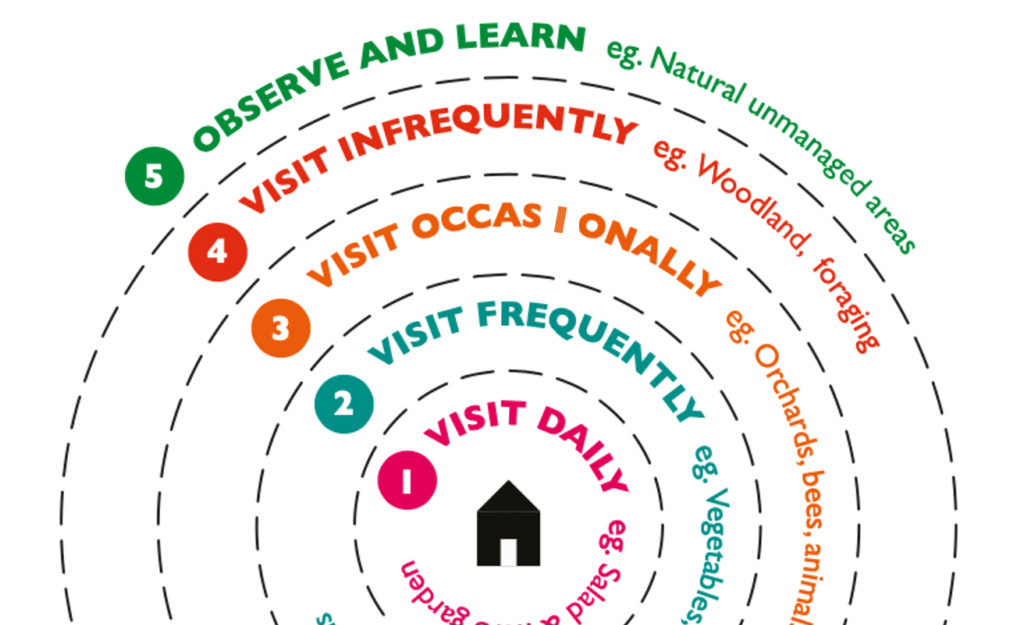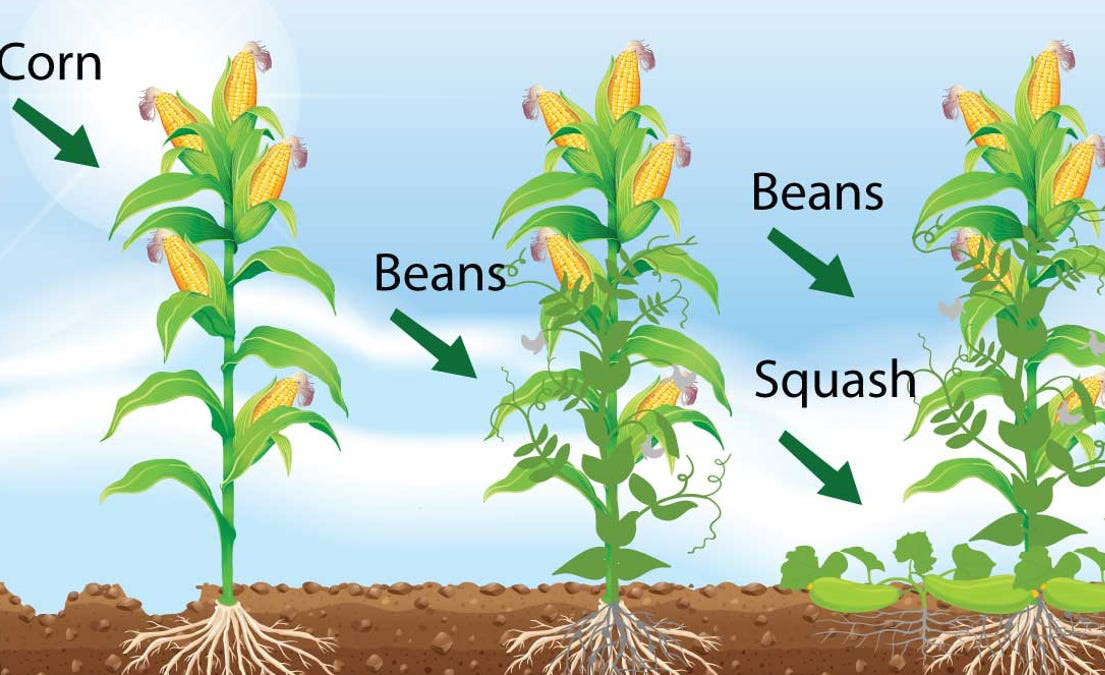Why I love permaculture!
By Melanie Pita, Climate Activist team teacher
Hi there. I just came here to write a bit about Permaculture as it is one of my favorite topics.
Like the name itself says permaculture is a permanent culture. The main goal of it is to create a perfect ecosystem where everything works like it was a cycle, a living being cycle. Permaculture is not just a way of growing food. Permaculture to an extent is a way of life. We, humans, the ones starting out on applying permaculture techniques, are also part of it all, in the beginning it requires a lot of out time to establish natural patterns of nature that have been scratched out for conventional and industrialized agriculture… but once we achieve our goal, then our intervention is very little to be significant.
Did you know that permaculture is usually structured in zones?
Each zone has different functions and different requirement for maintenance.
This is simply a suggestion so you can start thinking about what to do. Where to plant what. Nearest your home you put what demands most attention. The farthest away the opposite, maybe forest garden, that pretty much takes care of itself. Permaculture is a set of design principles centered on whole systems thinking simulating or directly utilizing the patterns and resilient features observed in natural ecosystems. There are 12 principles to be followed in Permaculture. These principles are:
* Observe and interact:
* Catch and store energy
* Obtain a yield
* Apply self-regulation and accept feedback
* Use and value renewable resources and services
* Produce no waste
* Design from patterns to details
* Integrate rather than segregate
* Use small and slow solutions
* Use and value diversity
* Use edges and value the marginal
* Creatively use and respond to change
Ok, I hope you read it! I hope you paid attention to the ethics and the principles. Is it easy? No! I don’t think it is. Producing no waste, designs from patterns to details, using small and slow solutions… this is everything we are not used to. It is the opposite that has been done. So it takes time, it takes effort. I don’t know if you have seen a permaculture design, I found the absolutely amazing and beautiful. Something that also had a big impact in me was how permaculture takes cares about the energy used not only by power energy but also by plants, humans and animal energy in general.
Things to take into consideration when starting on permaculture: the space, the material around you, local animals and predators, local weather, fungi, soil, risk of disease, how you can create a symbiosis relationship between plants. If you learn and observe nature ant their natural developments you will see that some help other by being a support (physically), some protect each other by repelling insects and fungi, some energize and others kill some other plants. There is so much to learn about this.
A perfect example is The Three Sisters – when you combine beans, squash and corn. Why is it so special? Well: the corn serves as pole to the beans, the beans enrich the soil with their nitrogen-fixing ability and help support the corn in the wind. The large leaves of squash or melon shade the soil to keep it cooler and retain more moisture. So you see?! Usually in nature plants rarely grow alone, even less the way they do in neat rows in manmade gardens. The natural is to intermingle with other plants, benefiting from each other.
We know how monoculture and conventional/ industrial chemical agriculture as a huge impact on Climate Change. Being a Climate activist is also choosing the right way you grow your food so my take on it is that permaculture is the best way to move forward and go back to the origings feeding many people.
So, here I leave you with a little input on permaculture and my take on it. Hope you enjoyed!








